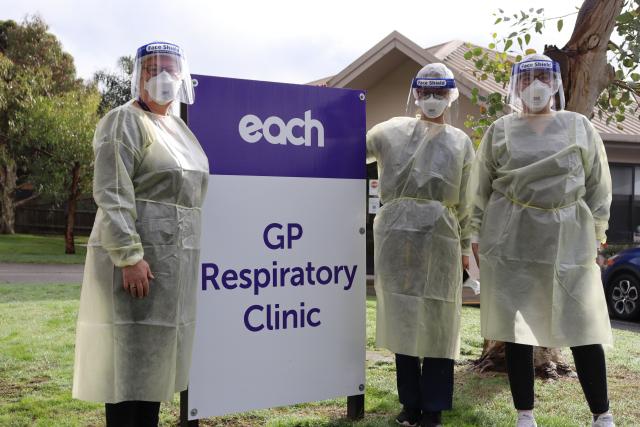By Callum Ludwig
Despite a national average of 8,950 daily cases in Australia over the first three days of 2023, the threat of Covid-19 seems to be less of a worry in 2023.
From the start of the year, the Federal Government decided to transition to the general population relying on RAT tests, with PCR testing available if necessary through GP-led Respiratory Clinics or where their GP or nurse practitioner requests a test, free of charge.
Free PCR tests without medical referrals will still be available from a number of state-run testing clinics, but the change in approach is aiming to prioritise high-risk people who may benefit from antiviral treatment if they tested positive.
“The National Plan provides clear guidance to the community and health care providers on how the Australian Government will play its part in managing Covid-19 into the future,” said Minister for Health and Aged Care Mark Butler.
“We will continue to protect those most at risk, while ensuring we have the capacity to respond to future waves and variants.”
The changes are part of the National Covid-19 Health Management Plan for 2023 that was agreed upon by the National Cabinet on 30 September 2022.
EACH currently operates the only GP respiratory clinic in the Yarra Ranges in Lilydale and CEO Natalie Sullivan said they do not expect any significant impacts from the decision as rapid antigen tests are widely available in the community.
“Anyone experiencing Covid-19 symptoms should take a rapid antigen test and isolate for at least 5 days and until they don’t have symptoms. They can also see their GP if they are unwell,” she said.
“A GP can assess them and decide if they need a PCR test to check for Covid and other respiratory illnesses. Free RATs are available, and locations where they can be collected can be found at www.coronavirus.vic.gov.au.”
The National Covid-19 Health Management Plan is aiming to: provide vaccine certainty, empower the community to make informed choices to protect themselves and their loved ones;
take pressure off hospitals; to provide additional help for aged care, First Nations, disability and multicultural communities; support effective Covid-19 testing; and strengthen the National Medical Stockpile safety net and pandemic preparedness capability.
Funding was also extended for GP respiratory clinics likee those run by EACH and Ms Sullivan said they will remain an essential service as we experience further waves of Covid-19 through the coming months and into winter.
“The service helps to relieve pressure on our emergency departments and other primary health settings. GP Respiratory Clinics continue to provide free face-to-face assessment and support for people who are unwell with respiratory illnesses and cannot book in to see their regular GP,” she said.
“Anyone at high risk of severe illness and has Covid or Flu-like symptoms should speak to a GP about a PCR test even if they tested negative on a RAT. This ensures they can get any help they need, including Covid antiviral medicine, as quickly as possible.”
As well as GP Respiratory Clinics, hospitals and state and territory testing clinics will remain the only places low-risk individuals can access PCR testing without a referral.
Ms Sullivan said Covid-19 remains a global health risk, and cases are still present throughout the community.
“If it’s been more than 3 months since your last vaccination or since you had Covid, get a booster dose. People who receive a vaccination have a much lower chance of getting severely unwell,” she said.
“We also highly encourage wearing a mask indoors and practising physical distancing, and good hand hygiene as much as possible.”







